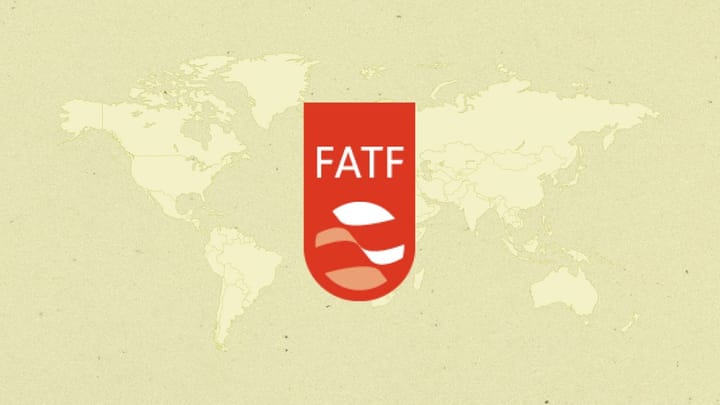Sophisticated crypto scam run by Chinese nationals busted in Namibia: Reports
The scammers employed young Namibians and trained them to target victims to invest in a non-existent crypto investment platform.

Namibian authorities have announced the arrest of 20 suspects who ran sophisticated scam rings using trafficked youths.
In a model that is getting increasingly popular in the country, the fraudsters ran long-term romance scams to lure victims, mainly in the United States, to invest in bogus cryptocurrency trading ventures and earn huge returns.
The details
- According to reports, the suspects include 11 Chinese nationals, five Zimbabweans, two Namibians, one Singaporean and a Cuban citizen.
- According to Major General Elia Mutota, the Namibian deputy inspector general of police, the suspects recruited 88 young Namibians, 50 of whom were students, under the pretense of marketing job offers.
- However, the suspects employed the job seekers to work for the scam entity and trained them to target unsuspecting Americans on social media and lure them to invest in the scheme.
- The head of the Namibian police forensic unit, Nelius Becker, described the fraud in question as a “pig butchering” scam.
Be smart: “Pig butchering” scams originated from Southeast Asia and typically happen over an extended period. The scammer creates fake social media accounts and poses as a potential friend or lover to gain the unsuspecting victim’s trust.
The scammer then introduces a phony trading platform promising huge returns and persuades the victim to put their money into the scheme. After the victim has deposited a huge sum, the scammer disappears with the victim’s money.
- In this case, the alleged fraudsters, primarily foreigners, enlisted young Namibians, training them to carry out the scams on their behalf.
- The Namibian police alleged that these youths were trafficked and held in a controlled environment with limited access to cell phones only to contact potential victims. They were also held in accommodation provided by the scam operators and paid 3,000 Namibian dollars (roughly $200) monthly.
- The scheme’s operators withdrew their proceeds from Bitcoin kiosks in local shopping malls.
- According to other reports, four of the 20 arrested scam operators have been charged with human trafficking, fraud, money laundering and tax evasion.
- The police said investigations are ongoing, and more suspects could still be arrested.
- It is unclear how the suspects were apprehended, how much the police recovered from them, or how much the fraudsters made. In addition, there is no information on any of the victims and the medium through which the fraudsters collected payments.
Key quote
Mutota said in a media briefing:
“Young Namibian males and females, mostly students, were recruited by the suspected foreign nationals and trained to create false profiles on Facebook and Instagram to lure unsuspecting United States of America citizens into a scheme that started with building trust with the victims and ultimately introducing them to cryptocurrency investments which will show quick profits and gains, enticing them to invest more.”
Before now
- Namibian financial institution Bank Windhoek notified Namibians that crypto scams were rising.
- In July, the Namibian government assented to a crypto regulation bill passed by the country’s parliament the month before.
- The regulations mainly focused on licensing and regulating virtual assets service providers to protect Namibian citizens.
Zoom out
- Crypto-related scams are a growing concern across Africa, with scammers determined to exploit the continent’s affinity for digital currencies.
- In September, Mariblock reported on the workings of two fraudulent crypto entities in Nigeria and Kenya, who impersonate the publicly listed bitcoin mining company, Argo Blockchain.
- While presenting themselves as certified African representatives of Argo, they collected investment funds from the victims under the guise of “renting” Bitcoin mining machines and earning bogus returns.
- In a mail to Mariblock, Argo denied having any consumer-facing aspects of its business or African affiliates.
- Mariblock also revealed a bitcoin mining scam that went up in flames in Kenya — BTCM Kenya. Like Argo Kenya and Argo Nigeria, it posed as an African affiliate of the Hong Kong-based crypto mining company Bit Mining Limited (BTCM).
- The scheme disappeared after it collected several thousand Kenyan shillings from its victims and promised bogus returns.



